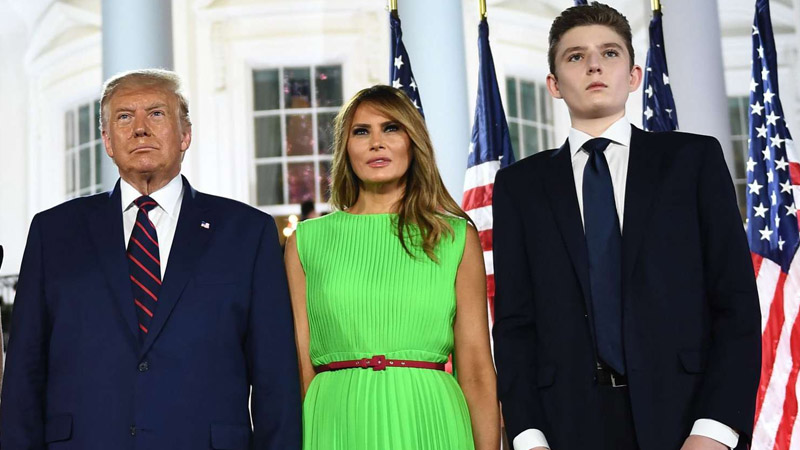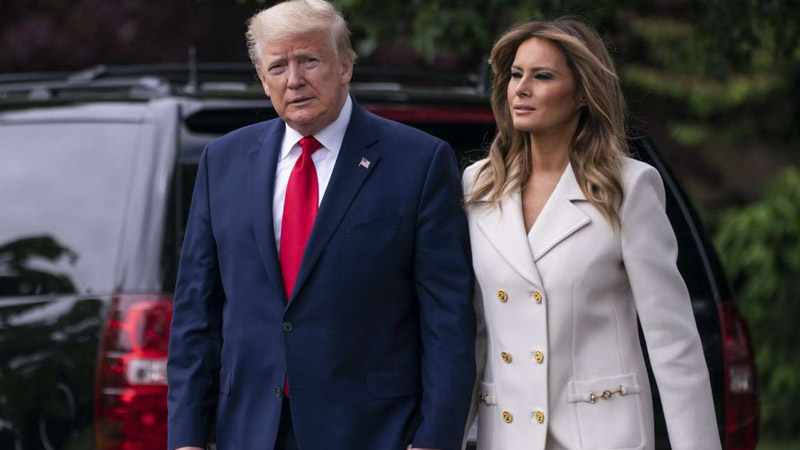Trump’s History of Sexist Remarks Undermines Claims of Respect for Women

PHOTO: BRENDAN SMIALOWSKI/GETTY
Donald Trump has long faced accusations of sexism and misogyny, with critics pointing to his frequent use of insensitive language when discussing women. Despite his claims of being “respectful” toward women, the words he has spoken over the years tell a different story, one that has continually damaged his public image and presidential campaigns. Notably, Trump’s controversial comments have not spared even his wife, Melania Trump.
In a 2005 interview on Howard Stern’s radio show, Trump made a particularly offensive remark about his then-newlywed wife, Melania. When Stern posed a hypothetical question, asking if Trump would still love Melania if she were disfigured in a car accident, Trump’s response was shockingly crude. “How do the breasts look?” he asked. When Stern assured him that her chest would remain unharmed in the scenario, Trump replied, “Okay, well that’s important,” adding that he would “stay with her [Melania] 100 percent.”
This comment is just one example of Trump’s long history of reducing women to their physical attributes, a pattern that has been well-documented and frequently scrutinized by the media. From his infamous remarks on the “Access Hollywood” tape to his numerous interviews over the years, Trump’s objectification of women has been a consistent theme, as per BBC.
In another interview with Howard Stern in 2003, Trump made derogatory comments about singer Jennifer Lopez’s body. Bragging about his supposed talent for estimating women’s sizes and weights, Trump dismissed Lopez from his list of the “three hottest chicks” because he believed her “a** was too fat.” Instead, he listed Keira Knightley, Paris Hilton, and his own daughter, Ivanka Trump, as fitting his idea of attractive women. Trump even mentioned that he had watched Hilton’s 2003 sex tape, further showcasing his disregard for privacy and respect.
Psychology expert Professor LaFrance has highlighted the broader impact of such comments, noting that when insults about women are made public, they contribute to a culture where all women are demeaned, not just the individual targeted. “It sets up an atmosphere in which all women are targeted,” she explained, emphasizing the damaging effects of such rhetoric.
Despite this, Trump has often dismissed the criticism. In a tweet from March 2016, he insisted, “The media is so after me on women. Wow, this is a tough business. Nobody has more respect for women than Donald Trump!” However, his long record of sexist remarks continues to contradict his claims of respect, raising ongoing concerns about his attitudes toward women and the lasting effects of his words.


